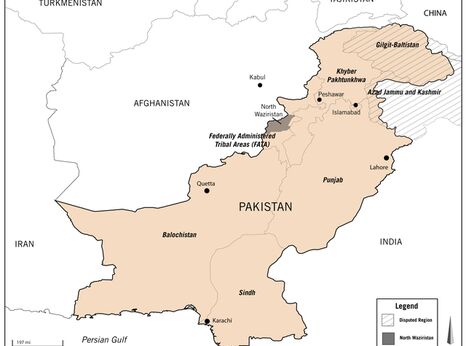Ailing professor arrested after cancellation of bail

Professor Muhammad Ismail is a retired professor of Urdu language and lives with his wife in Islamabad.
His daughter, Gulalai Ismail, is a well-known human rights defender, recognized for her women’s rights advocacy. She is the 2017 winner of Anna Politkovskaya award and the chair of Aware Girls. Gulalai is also an outspoken supporter of Pakistan’s Pashtun Tahaffuz Movement, a peaceful movement that campaigns against extrajudicial executions, enforced disappearances and other human rights violations suffered by Pakistan’s Pashtun population.
Gulalai Ismail was charged with “sedition”, “terrorism” and “defamation” for a speech made at a protest on 22 May 2019 after which she was forced into hiding on 23 May 2019. As a result, her family home was raided multiple times, and men in plain clothes from the country’s security agencies confiscated their devices. The threats and intimidation tactics intensified after Gulalai applied for political asylum in the USA. Professor Muhammad Ismail had a First Investigative Report (FIR) registered against him, along with his wife and daughter, on 12 July 2019, accusing them of taking funding from “foreign countries”, aiding “terrorist organizations” and working for them under the guise of their social work.
While on bail before arrest in this case, Professor Ismail petitioned the Peshawar High Court to quash this charge. On 24 October 2019, when he was due to appear for the hearing of this petition, that he was abducted by unidentified men outside the court. His family was only informed of his whereabouts later that night by local civil society activists that he was in custody of the Cyber Crime Wing of the Federal Investigation Agency in Peshawar. The official confirmation of his arrest only came on 25 October 2019, when he was produced at a special court of Peshawar and charged with hate speech and spreading “fake information” against the government’s institutions under the draconian Pakistan’s Electronic Crimes Act for statuses he has uploaded on his personal social media pages.
He was released on conditional bail on 25 November 2019 by the Peshawar High Court, after having spent one month in pre-trial detention. He paid two surety bonds of Rs 100,000 (USD 625) each and also provided financial guarantees from two people. The trumped-up charges were never dropped.
Since then, the Ismail family has remained under constant and invasive surveillance, and have been targeted under anti-terrorism laws, the Criminal Penal Code and cyber-security legislation. On 2 July 2020, the Peshawar Anti-Terrorism Court acquitted Gulalai, Professor Ismail and his wife Uzlifat of “financial terrorism” charges. But just three months later, on 30 September 2020, they were charged with sedition and terrorism by the same court – which carry lengthy prison sentences.
His family had secured pre-arrest bail for him, which was cancelled at the confirmation hearing on 2 February 2021 after which Professor Ismail was promptly taken into police custody. Uzlifat Ismail’s bail was accepted. On 3 February 2021, the anti-terrorism court sent Professor Ismail on a three-day physical remand. The family will only be able to move the courts to grant him bail after he is moved to the jail and if the remand is not extended. In the meantime, Professor Ismail is being kept at the police station, where it is unclear if appropriate COVID-19 precautions are being taken.
Freedom of expression, assembly and association have come under attack in Pakistan in recent years. Human rights defenders and journalists face restrictions in both online and offline spaces. The clampdown on civic space has intensified, through draconian laws that enable violations of human rights.